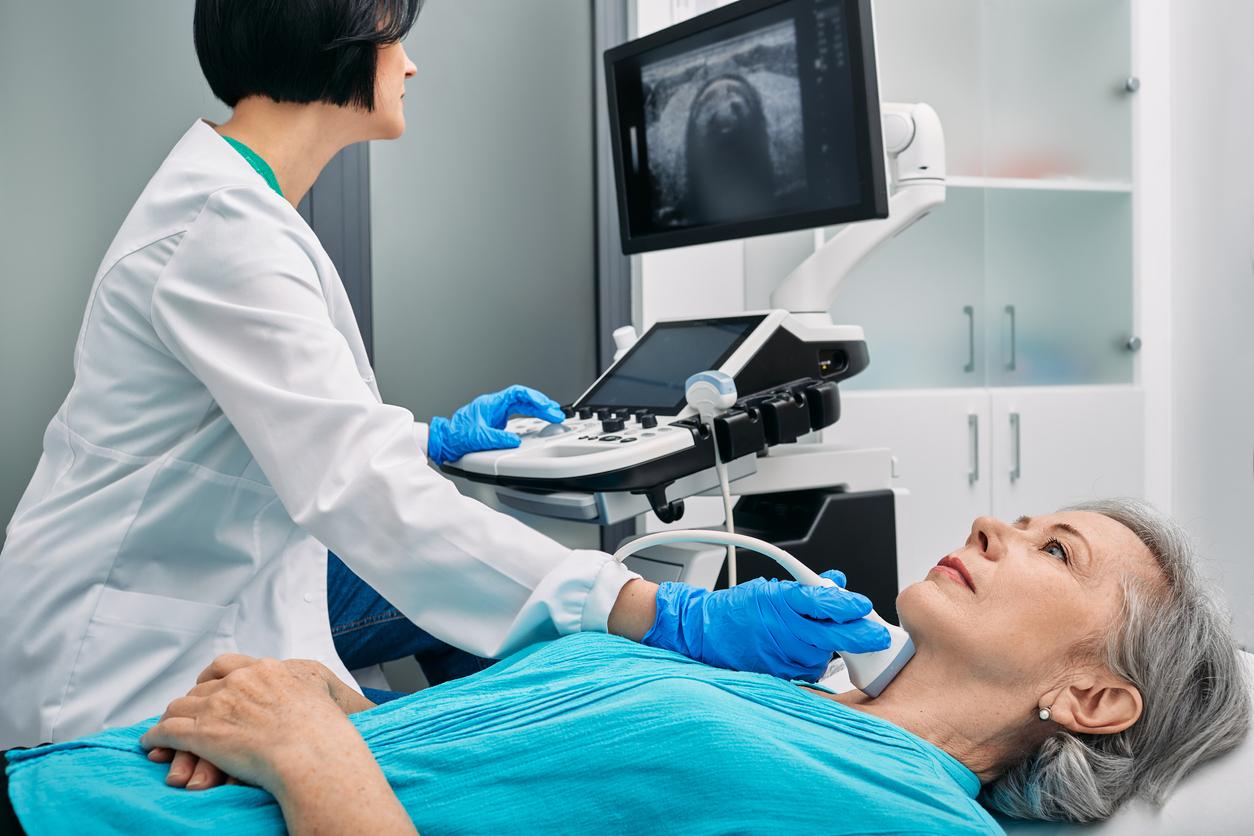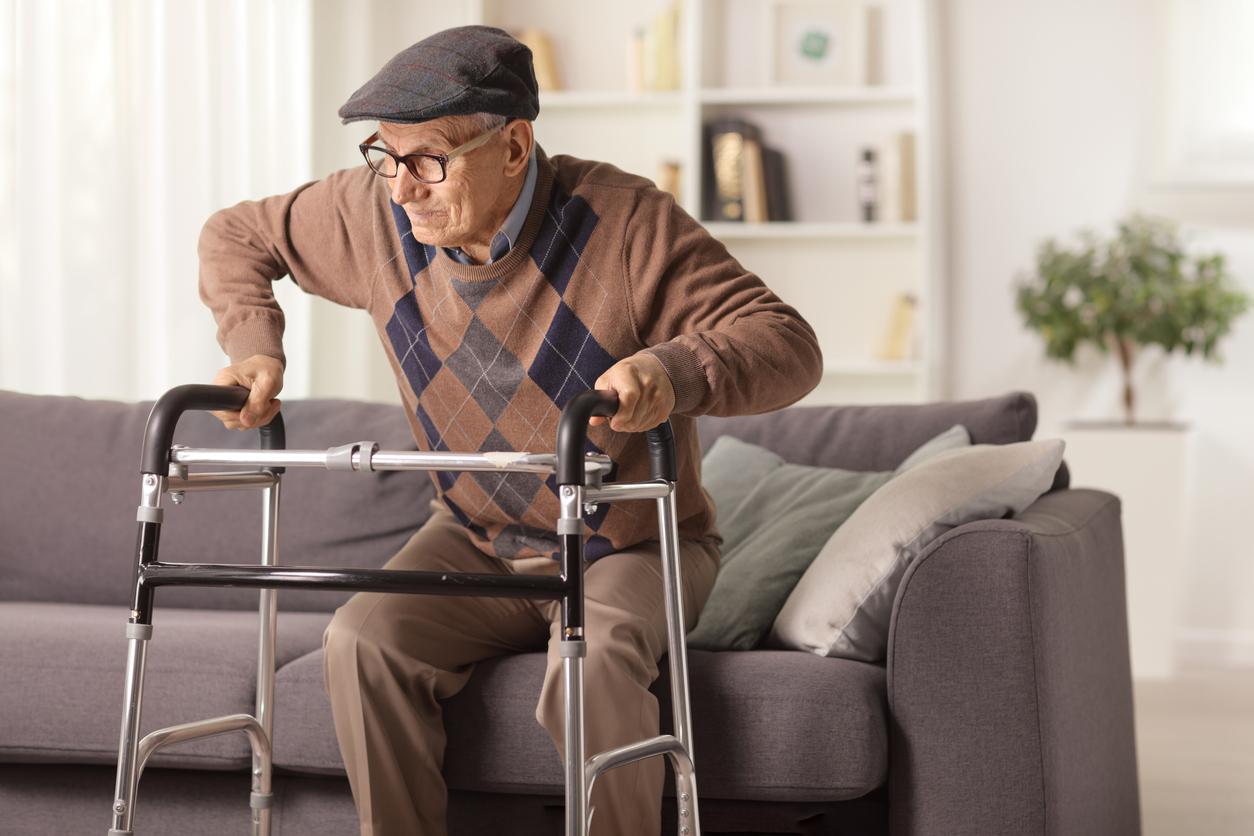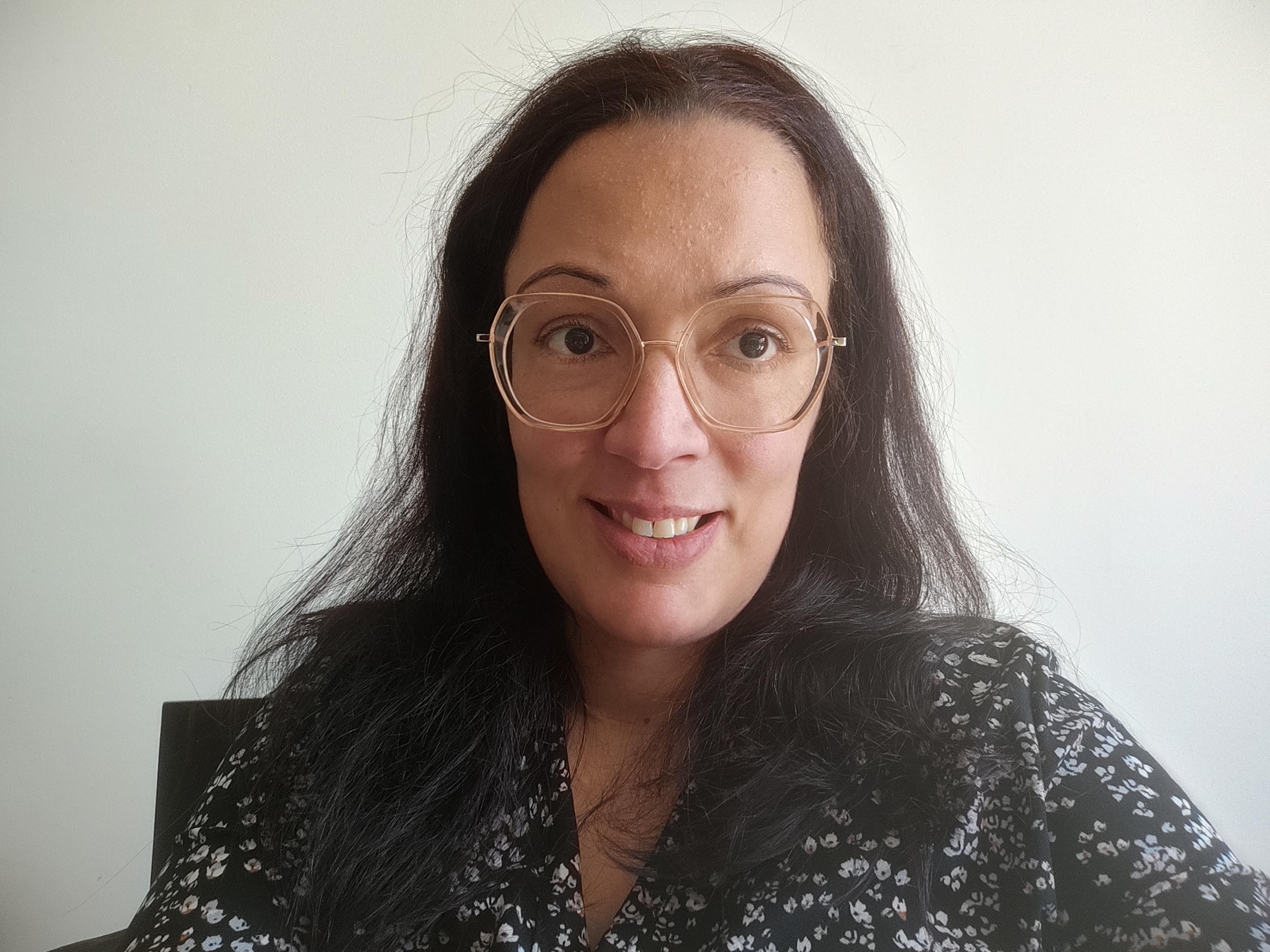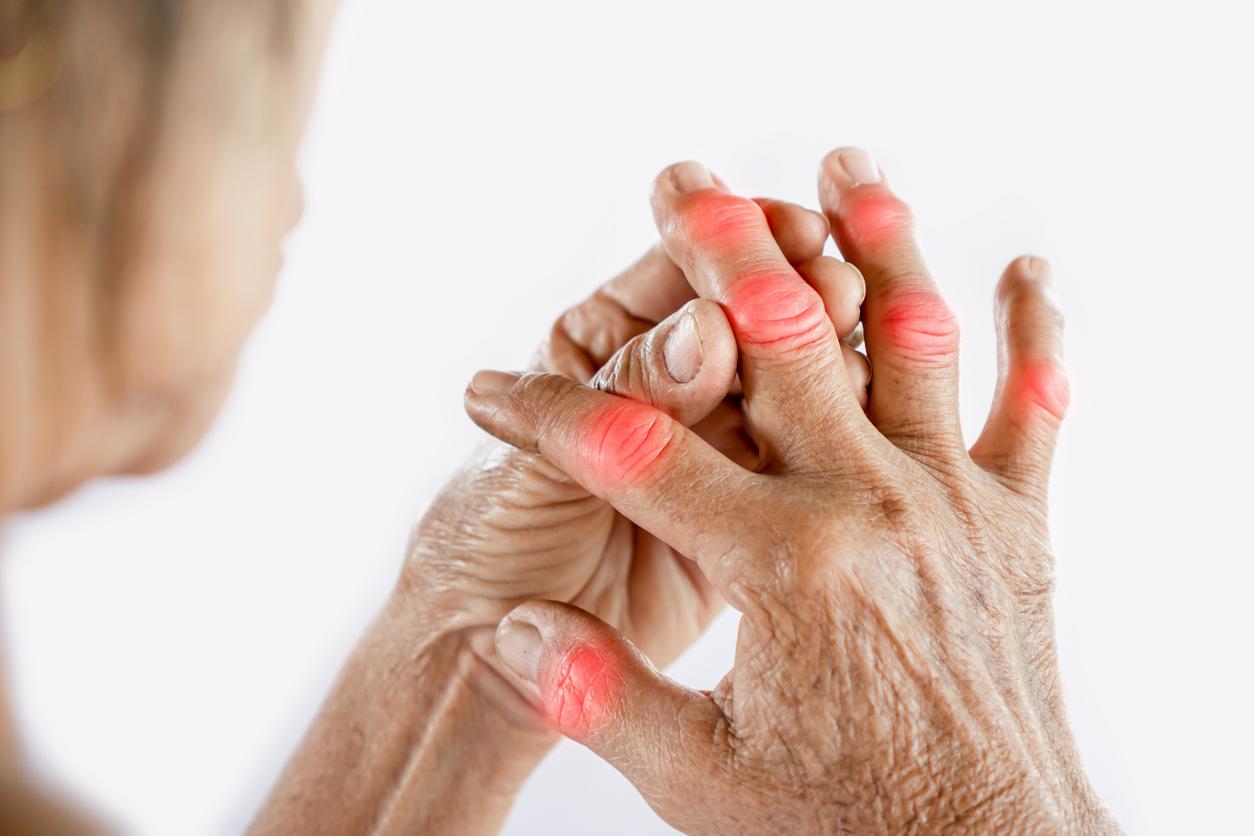It is a disease that would affect 16,000 people in France and more than 100,000 in Europe, 80% of whom are women. On hypoparathyroidism, the view of Thierry Abribat, neuro-endocrinologist and president of a biotech specializing in endocrine diseases.

– Why Doctor: Today is International Hypoparathyroidism Day. What is this disease?
Thierry Abribat: It is a rare endocrine disease that is caused by a deficiency in parathormone, a hormone that is secreted by small glands the size of a grain of rice and which are located around the thyroid.
Most commonly, in about 75% of patients, hypoparathyroidism occurs after thyroid surgery, especially after removal of the thyroid to treat cancer.
By removing this gland, it happens that the parathyroid glands are damaged or that they are deprived of their vascularization.
– But not all thyroid interventions cause hypoparathyroidism…
For patients who have undergone surgery, it is relatively common for them to have insufficient parathyroid hormone secretion immediately afterwards, but most of the time the situation returns to normal spontaneously. In 2 or 3% of cases, after six months, we are led to make the diagnosis of chronic hypoparathyroidism.
Patients are cured of their thyroid cancer but find themselves with an inability to secrete this parathyroid hormone which is essential for calcium metabolism in the body.
– What are the other causes of this disease?
In the other patients, about 25%, it may be a genetic cause or the consequence of an autoimmune disease that generates antibodies against the parathyroid glands.
– What are the symptoms ?
Symptoms are all the consequences of being deprived of this hormone which plays an essential role in the regulation of serum calcium. So these people find themselves in hypocalcemia which can be treated with oral calcium and vitamin D supplementation. But this is not satisfactory because these treatments cause the calcemia to rise immediately but it goes down very quickly.
These fluctuations in serum calcium are associated with symptoms that can be very severe: calcium is essential for muscle function, nerve function, so these are patients who have almost constant muscle pain that can be very intense, they have attacks of tetany, they have tingling and on top of all that they have what doctors call brain fog, they are in a state of constant mental confusion with memory problems and concentration problems, but above all they suffer from enormous fatigue.
– What you are describing presents hypoparathyroidism as a very debilitating disease. Do you confirm it?
Affected people have lives that are very impacted by the disease, at the professional level, at the level of family life, social interactions. And yet, when you see them, they look normal! People around do not understand and do not necessarily react in the right way, sometimes saying that it is the effects of laziness!
– These symptoms are found, at least for some, in other diseases. Is there a risk of diagnostic error in hypoparathyroidism?
Today, it is part of the postoperative protocol in the ablation of the thyroid to follow the calcemia. This procedure is known to pose a risk of hypoparathyroidism. So 75% of patients should be correctly diagnosed. But those in whom hypoparathyroidism is an autoimmune disease, these are not necessarily characteristic symptoms.
And yet it is all the more important that the diagnosis be well made that beyond the symptoms, there are also medical complications. This hormone not only regulates the calcium in the blood but also the calcium in the urine so that there is no accumulation. So there is a risk aggravated by calcium supplementation of the appearance of stones and that this evolves into chronic renal failure.
In addition, 80% of patients are women and 50% postmenopausal women. And as an important role of parathormone is also to regulate bone metabolism, this results in these women having poorer quality bones which aggravates the consequences of osteoporosis linked to menopause.
– What are the treatments, beyond calcium supplementation, for this disease?
Today all patients are treated with calcium and vitamin D supplements. But these people don’t actually have a calcium problem but a hormone problem! So the treatment should be hormone replacement. It is the latest endocrine disease that has no replacement hormone.
There was an attempt between 2015 and 2020 but it was not very effective and anyway not available in France for this reason. The need is therefore to develop a parathyroid hormone replacement therapy and to make it available to patients.
We, who are a biotech specializing in rare endocrine diseases, are among the players who are developing a product like this with a fairly advanced program based on a synthetic parathyroid hormone. We have had very encouraging phase 2 results since they show that by switching to discontinuous supplementation we manage to maintain normal serum calcium. But it is indeed a product under development which is not approved by the health authorities and we do not want to give false hope to patients.















